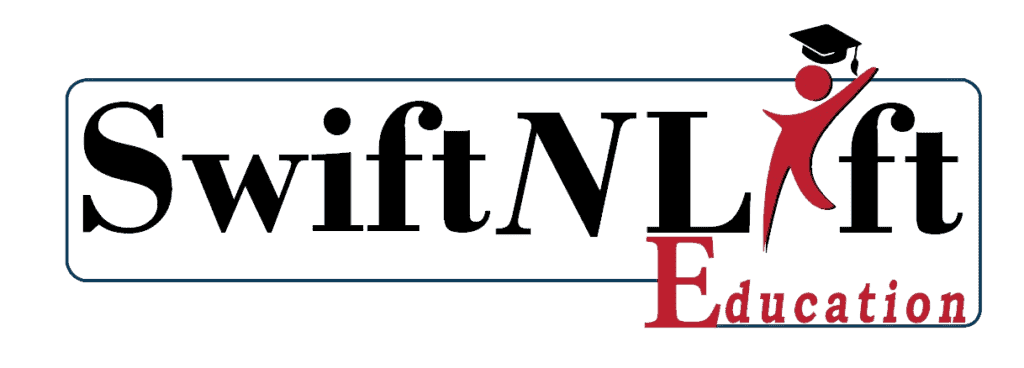


“Empowering Minds, Shaping Futures: The Teacher’s Touch in Curriculum Development.”
The role of teachers in curriculum development is a critical aspect of education that often goes unrecognized. Teachers are not just the deliverers of curriculum; they are active contributors to its creation and enhancement. This article explores the intricate connection between teachers and curriculum development, highlighting the essential stages of curriculum development and the pivotal role that educators play in shaping the educational experience for their students.
The Essential Stages of Curriculum Development
Curriculum development is a systematic process that involves several key stages to design and create an educational curriculum that effectively meets the needs of learners. These stages include:
The curriculum development process begins with a needs assessment. This step involves identifying the requirements of learners, the educational institution or organization, and society as a whole. It includes gathering data through surveys, interviews, and other research methods to determine what knowledge, skills, and attitudes should be targeted in the curriculum. Needs assessment sets the foundation for creating relevant and effective educational content.
Based on the needs assessment, clear and measurable learning goals and objectives are established. These objectives define what learners should be able to accomplish after completing the curriculum. Goals and objectives provide a roadmap for educators and students, guiding them toward desired learning outcomes.
Once the objectives are defined, the next step is to select appropriate content that aligns with these objectives. Content selection involves identifying core concepts, topics, and themes that will help learners achieve the stated goals. It may also involve selecting textbooks, reference materials, multimedia resources, and other learning materials that support the curriculum.
Determining the instructional methods and strategies is essential to facilitate effective learning. Educators must choose appropriate teaching techniques, instructional technologies, and activities that engage students and support their understanding of the curriculum. The selection of instructional methods is critical to the success of the curriculum.
Assessment strategies and tools are developed to measure the learner’s progress and achievement of the defined objectives. This may include formative assessments, such as quizzes, projects, and class participation, as well as summative assessments, like exams and final projects. Assessment and evaluation ensure that the curriculum is aligned with the learning objectives and provides insights into student achievement.
Teachers’ Pivotal Role in Curriculum Development
Teachers are central to the curriculum development process as they bridge the gap between curriculum designers and students. Their contributions are invaluable in ensuring that the curriculum effectively meets the needs of learners and supports their overall growth and development. Here are the key ways in which teachers play a pivotal role in curriculum development:
Teachers bring their expertise and experience to the table. They have a deep understanding of the subject matter they teach and the unique needs and abilities of their students. This expertise is invaluable in selecting relevant content and designing appropriate instructional strategies.
Teachers have a direct connection with their students and can provide insights into what works best for them. They can advocate for a student-centered approach that takes into account the diverse learning styles, abilities, and backgrounds of the learners. This ensures that the curriculum is responsive to the individual needs of students.
Teachers are the bridge that connects the curriculum with students. They are responsible for translating the curriculum into meaningful learning experiences that foster a positive and supportive learning environment. This connection between the curriculum and students is crucial for successful education.
Teachers can infuse real-world relevance into the curriculum. They can bring practical examples, case studies, and current events into the classroom, making the content more engaging and applicable to students’ lives.
Teachers continually assess and provide feedback on the effectiveness of the curriculum. They gather data on student progress, learning outcomes, and the curriculum’s impact on the classroom. This feedback loop is essential for making necessary adjustments to enhance the curriculum.
Teachers are attuned to the local context, cultural diversity, and community needs. They can ensure that the curriculum reflects the unique characteristics and values of the community it serves, making it more inclusive and culturally relevant.
Teachers actively collaborate with curriculum developers, administrators, and other stakeholders to provide insights and suggestions during curriculum development. They play a crucial role in shaping the curriculum’s learning goals, content selection, instructional methods, and assessment strategies.
The Teacher’s Approach to Curriculum Development
Teachers approach curriculum development with a student-centered perspective and a commitment to enhancing the learning experience. Here’s how teachers contribute to curriculum development:
Teachers actively participate in needs assessment by providing insights into the current state of education and the specific needs of their students. They contribute feedback based on their observations and experiences in the classroom.
Teachers ensure that curriculum goals and objectives are aligned with the abilities and developmental stages of their students. They provide input to ensure that objectives are realistic and achievable within the classroom setting.
Teachers select, adapt, or create instructional materials and resources that are suitable for their students. They choose content that resonates with the students’ interests and backgrounds, making the curriculum more engaging and meaningful.
Educators incorporate innovative teaching methods and strategies to make the curriculum come alive in the classroom. They design lessons that promote critical thinking, problem-solving, and active participation.
Teachers align assessment methods with curriculum objectives and ensure that they accurately measure student progress. They may create customized assessments or adapt existing ones to better suit their students’ needs.
Teachers engage in reflective practice to continuously evaluate and refine the curriculum. They gather student feedback, assess the effectiveness of instructional strategies, and make adjustments as necessary to enhance the learning experience.
Teachers collaborate with colleagues and participate in professional development to stay current with best practices in curriculum development and teaching. They share ideas and strategies to improve the curriculum and enrich the learning experience.
The role of teachers in curriculum development is multifaceted and essential. They bring their expertise, experience, and insights into the curriculum development process, ensuring that it aligns with the unique needs and abilities of their students. Teachers are instrumental in bridging the gap between the curriculum and students, translating educational content into meaningful and engaging learning experiences. By actively participating in curriculum development, teachers contribute to the creation of a curriculum that supports the overall growth and development of learners. Their dedication to enhancing the learning experience makes them invaluable partners in the education process.

Entrepreneurship is all about telling your story. In SwiftNlift Education Business magazine, we promote and share stories and adventures of young and successful entrepreneurs who are overcoming startup challenges on their way to success. We allow digitally linked content to be uploaded and distributed globally.
Copyright © 2023 Swiftnlift Media And Tech LLP All rights reserved